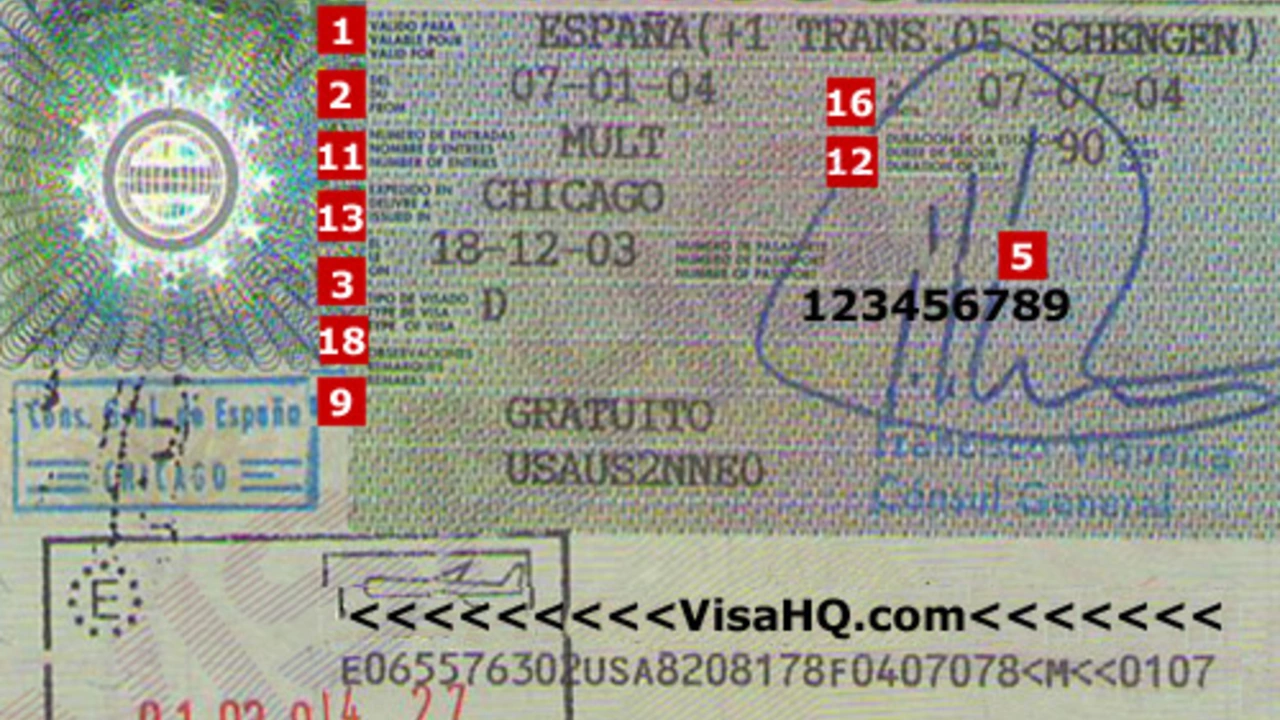Spain Work Visa – Complete Guide to Working in Spain
If you’re dreaming about living and working in Spain, the first thing you need is a work visa. It sounds formal, but the process is pretty straightforward once you know what to expect. Below we break down everything you need – from the kind of visa you’ll need to the paperwork, fees, and what happens after you land.
Types of Spain Work Visas
Spain offers several work‑related visas, and picking the right one saves you time. The most common are:
- Highly Qualified Professional Visa – for people with a university degree or at least five years of experience in a specialised field.
- Seasonal Work Visa – for jobs that last up to nine months, like agriculture or tourism during peak season.
- Entrepreneur Visa – if you plan to start a business that creates jobs or brings innovation.
- Intra‑Company Transfer Visa – for employees moving to a Spanish branch of their current employer.
Each visa has its own set of requirements, but they all share a core list of documents.
Step‑by‑Step Application Process
1. Check eligibility – Make sure you meet the education, experience, and salary thresholds for the visa you chose. For the Highly Qualified Visa, the monthly salary must be at least 1.5 times the Spanish minimum wage.
2. Get a job offer – Your future employer needs to provide a signed work contract and a letter confirming the position is approved by the Spanish Ministry of Labour.
3. Gather documents – Typical items include:
- Valid passport (at least six months beyond your stay)
- Completed visa application form
- Two passport‑size photos
- Proof of qualifications (diplomas, certificates)
- Criminal record check from your home country
- Medical certificate showing you’re in good health
- Proof of financial means (bank statements, salary slip)
- Employer’s contract and labor approval letter
All documents that aren’t in Spanish must be officially translated and notarized.
4. Submit the application – Send your package to the Spanish consulate or embassy that serves your area. Some locations allow online submission, but most still require an in‑person visit.
5. Pay the fee – The fee varies by visa type but usually falls between €60 and €120. Keep the receipt; you’ll need it for the interview.
6. Attend the interview – The consular officer may ask about your job, your plans in Spain, and your ties to your home country. Be honest and keep answers concise.
7. Wait for processing – Processing times range from two weeks to three months. You can check the status online if the consulate provides a tracking system.
8. Travel and register – Once the visa is stamped in your passport, you have 90 days to enter Spain. After arrival, you must register at the local town hall (Empadronamiento) and apply for a residence card (TIE) within 30 days.
Renewal is usually done a month before the card expires. The process mirrors the original application, so keep all your paperwork up to date.
Common mistakes to avoid: forgetting to translate a document, not providing the exact salary proof, or missing the registration deadline. Double‑check every item on the consulate’s checklist – it’s the fastest way to dodge delays.
Bottom line: a Spain work visa isn’t a mystery. Know which visa matches your job, collect the right papers, follow the steps, and you’ll be on your way to enjoying tapas, beaches, and a new career in no time.
What is the process around a Spain work visa for an Indian?
Securing a work visa for Spain as an Indian citizen involves a few crucial steps. First, you need to secure a job in Spain, where your employer will initiate the work permit process on your behalf. After approval from the Spanish authorities, you can apply for a visa at the Spanish Embassy or Consulate in India. It's important to prepare all necessary documents, including a valid passport, job contract, and proof of no criminal record. Remember, the process may take several months, so it's advisable to plan ahead.
